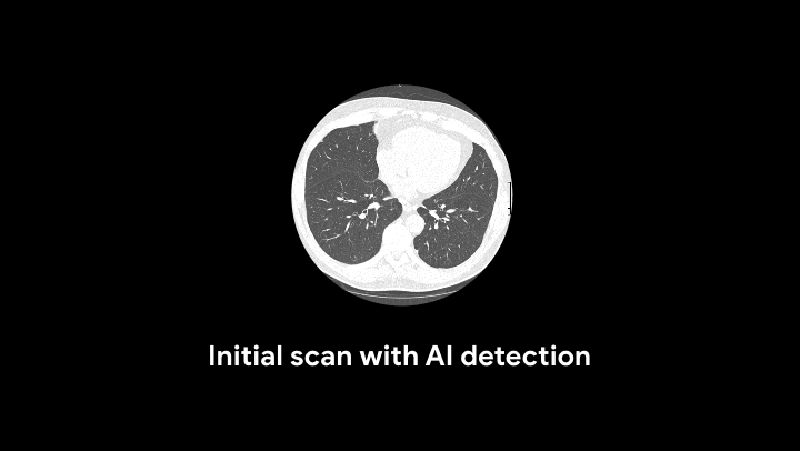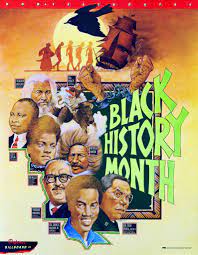Algorithm Proven Successful at Detecting Lung Cancer
May 24, 2019
An algorithm has proven itself to be as good as, if not better than, radiologists in detecting lung cancer.
By providing enormous amounts of data from medical imaging to an artificial neural network, computers can be programmed to recognize patterns associated with specific conditions that would be difficult for a person to detect.
Findings were published by Nature Medicine on Monday, revealing that the algorithm surpassed six radiologists under circumstances in which one test had a prior scan available, and one did not. Although the radiologists finished even with the algorithm in the latter, the system still managed to achieve a higher identification rate. According to the study, the algorithm achieved a success rate of 94.4% on 6,716 cases from the National Lung Cancer Screening Trial.
The process is known as deep learning and has already been used in numerous applications. Google has created systems to help pathologists read microscope slides to diagnose cancer.
“The whole experimentation process is like a student in school,” Dr. Daniel Tse, a project manager at Google, told the New York Times. “We’re using a large data set for training, giving it lessons and pop quizzes so it can begin to learn for itself what is cancer, and what will or will not be cancer in the future. We gave it a final exam on data it’s never seen after we spent a lot of time training, and the final result we saw on the final exam – it got an A.”
While the algorithm is still in its early development and not prepared to be deployed in institutions that provide cancer screenings, it has proven itself to be promising when handling a very difficult situation.
“We are collaborating with institutions around the world to get a sense of how the technology can be implemented into clinical practice in a productive way,” Dr. Tse said. “We don’t want to get ahead of ourselves.”











